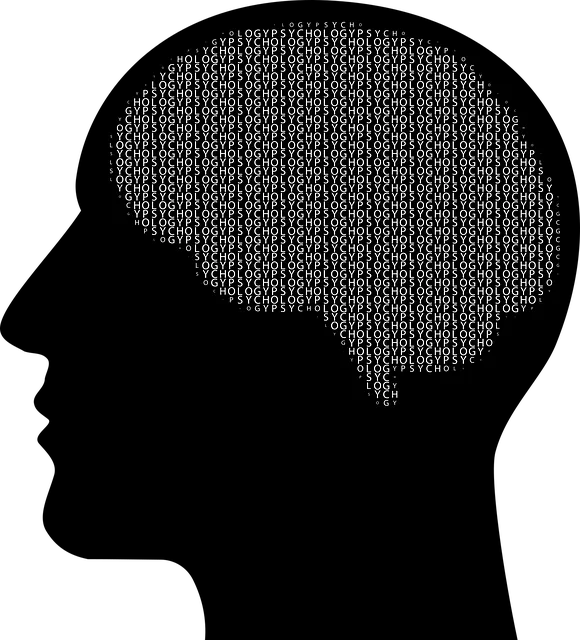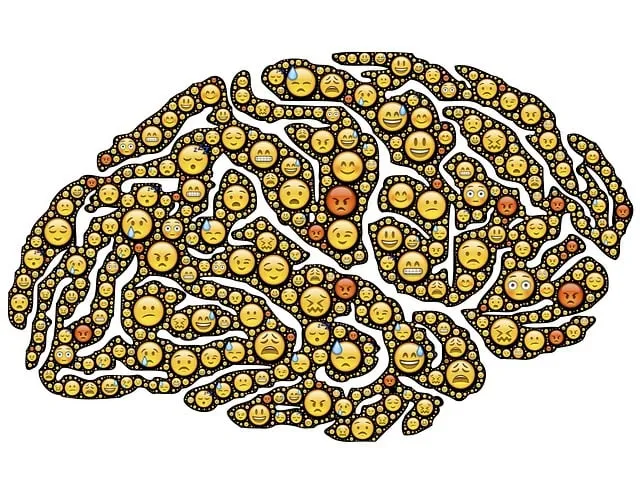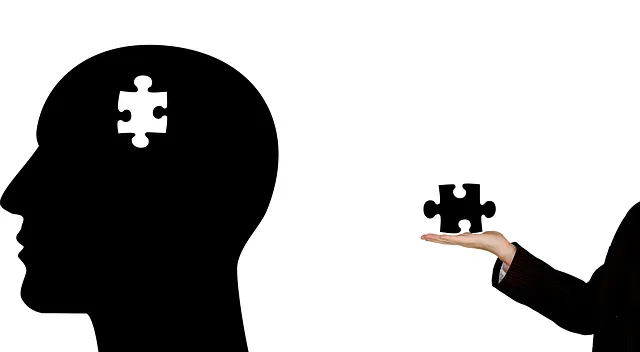Mental wellness journaling, as promoted by Parker Kaiser Permanente psychiatry experts, is a powerful personal exploration tool that encourages individuals to dive into their thoughts and emotions, fostering emotional regulation and empathy-building strategies. By documenting feelings, experiences, and reflections, users gain deeper insights into themselves and their mental wellness journey, promoting self-discovery, growth, and resilience, ultimately enhancing overall mental well-being. Regular journaling helps manage stress and anxiety, builds self-awareness, and releases emotional tension, making it a valuable component of mental health risk management strategies.
Unwind your mind and embark on a journey of self-discovery with mental wellness journaling. This powerful practice, backed by the insights of Parker Kaiser Permanente psychiatry experts, offers a safe space to explore emotions, track progress, and enhance overall emotional well-being.
From understanding its benefits to crafting your ideal journal and establishing a consistent routine, this guide equips you with tools to unlock the transformative potential of journaling for mental health and cultivate resilience.
- Understanding Mental Wellness Journaling: A Personal Exploration
- The Benefits of Journaling for Emotional Well-being (Parker Kaiser Permanente psychiatry perspective)
- Creating Your Journal: Tools and Techniques
- Cultivating a Consistent Practice: Tips for Staying Committed
Understanding Mental Wellness Journaling: A Personal Exploration

Mental wellness journaling is a powerful personal exploration tool that encourages individuals to delve into their thoughts and emotions. It’s not just about writing; it’s a mindful practice that fosters emotional regulation and empathy building strategies, as suggested by experts at Parker Kaiser Permanente psychiatry. By documenting feelings, experiences, and reflections, one can better understand themselves and their mental wellness journey.
Through this introspective process, individuals engage in emotional healing processes, allowing them to process complex emotions, identify patterns, and gain new insights. It provides a safe space for expression, enabling self-discovery and growth. Journaling helps establish a deeper connection with one’s inner self, fostering resilience and promoting mental well-being.
The Benefits of Journaling for Emotional Well-being (Parker Kaiser Permanente psychiatry perspective)

Journaling has emerged as a powerful tool for promoting emotional well-being, and Parker Kaiser Permanente psychiatry professionals advocate its use as a therapeutic practice. By putting pen to paper (or fingers to keyboard), individuals can gain profound insights into their thoughts and feelings, which is particularly beneficial in managing stress and anxiety. This simple yet effective activity allows one to process emotions, reflect on personal experiences, and identify patterns that may contribute to mental health challenges.
Regular journaling encourages self-awareness, a crucial aspect of risk management planning for mental health professionals. It provides a safe space for individuals to explore their emotional landscape, fostering coping skills development and enhancing overall resilience. Through expressive writing, people can release pent-up emotions, gain perspective on difficult situations, and cultivate a sense of calm. The process is deeply personal, enabling individuals to set intentions, track progress in emotional well-being promotion techniques, and ultimately, achieve greater mental clarity.
Creating Your Journal: Tools and Techniques

Creating your mental wellness journal is a powerful first step towards fostering inner strength and building resilience, guided by crisis intervention techniques suggested by Parker Kaiser Permanente psychiatry experts. Start with a notebook or digital document that feels comfortable to you. Personalize it with colors, drawings, or quotes that resonate—this visual representation of your journey can enhance the therapeutic process.
Organize your journal in ways that work best for you. Some people prefer daily entries, while others might choose weekly reflections. Incorporate prompts like “What am I grateful for today?” or “What challenges did I face and how did I cope?” to encourage self-awareness. Remember, this is a safe space for expression, so be honest about your feelings, even if they seem overwhelming. This practice allows you to track your progress, identify patterns, and celebrate small victories on your path to improved mental wellness.
Cultivating a Consistent Practice: Tips for Staying Committed

Cultivating a consistent mental wellness journaling practice can seem daunting at first, but with commitment and the right strategies, it becomes an accessible and powerful tool for self-care. At Parker Kaiser Permanente, our psychiatry experts emphasize the importance of regular reflection as a stress reduction method. Start by setting realistic goals – even just 10 minutes a day can make a difference. Choose a quiet space where you won’t be disturbed, and establish a time that works best for you, whether it’s morning coffee or before bed. Consistency is key; try to journal at the same time each day to create a routine.
To stay motivated, personalize your practice. Incorporate prompts that resonate with your experiences, such as exploring emotions, setting intentions, or reflecting on moments of gratitude. Remember, this is a safe space for expression, so be honest and open. If you encounter challenges, consider seeking guidance from a healthcare provider with cultural competency training who can offer crisis intervention support or share effective stress management techniques.
Mental wellness journaling is a powerful tool, backed by the insights of Parker Kaiser Permanente psychiatry professionals, that fosters emotional well-being. By integrating this practice into daily life, individuals can navigate their thoughts and emotions more effectively, ultimately enhancing mental resilience. The benefits are clear: improved self-awareness, reduced stress, and better coping mechanisms. With the right tools and techniques, as outlined in this guide, cultivating a consistent journaling habit becomes accessible to all, allowing folks to embark on a journey of personal exploration and growth.






